We use only NZ whey in our Whey Protein Concentrate blends. New Zealand whey is recognized worldwide for being of the highest quality.
Hormones & Antibiotic-Free Cows: Unlike other dairy producers the New Zealand industry has banned the use of growth hormones on cows, specifically Recombinant Bovine Growth Hormone (rBGH) which is injected to into cows to increase milk production in other countries.
Grass-Fed Cows: New Zealand dairy cows maintain a natural diet grazing on lush chemical-free grass pastures. Non-NZ whey protein is sourced from cows that are usually raised on un-natural corn or soy-based diets and injected with antibiotics to survive unsanitary conditions.
World-Leading Industry: New Zealand processing facilities and techniques are world-leading ensuring the maximum benefits are preserved in final whey product during the filtration process.

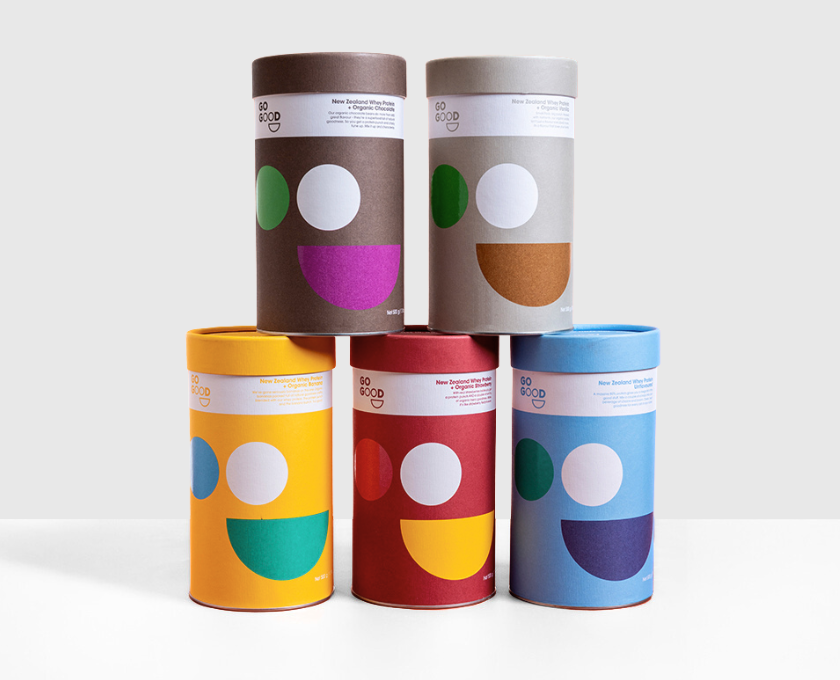
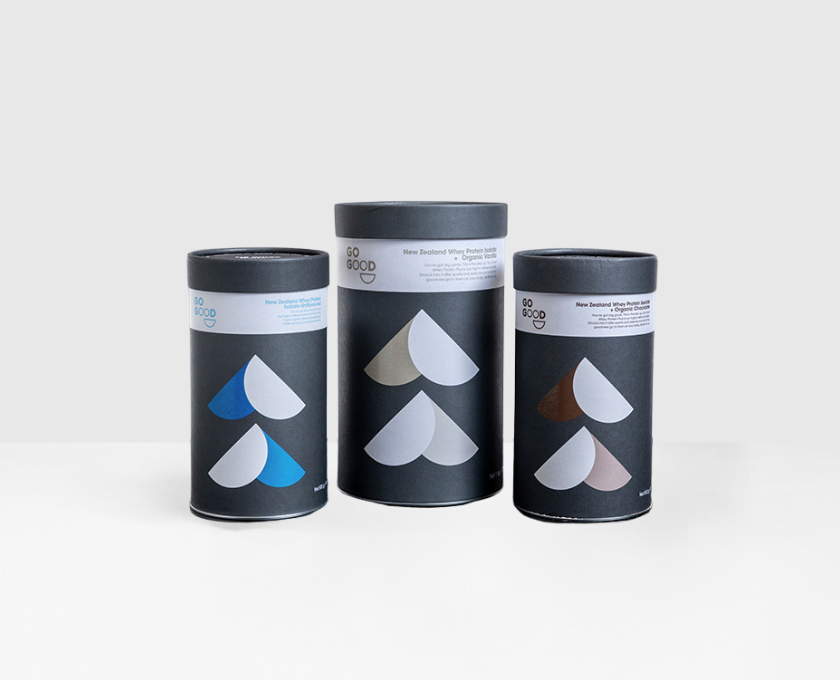
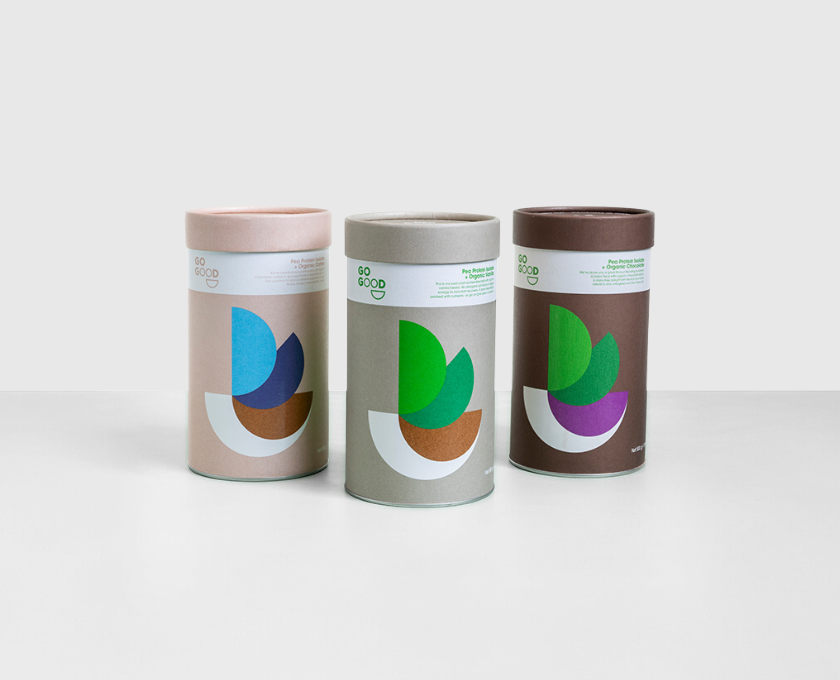
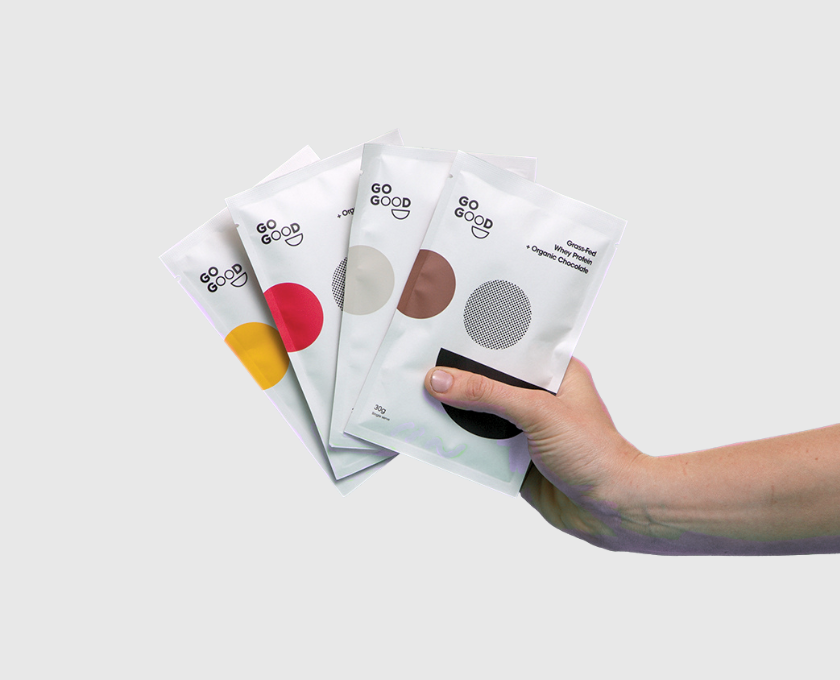
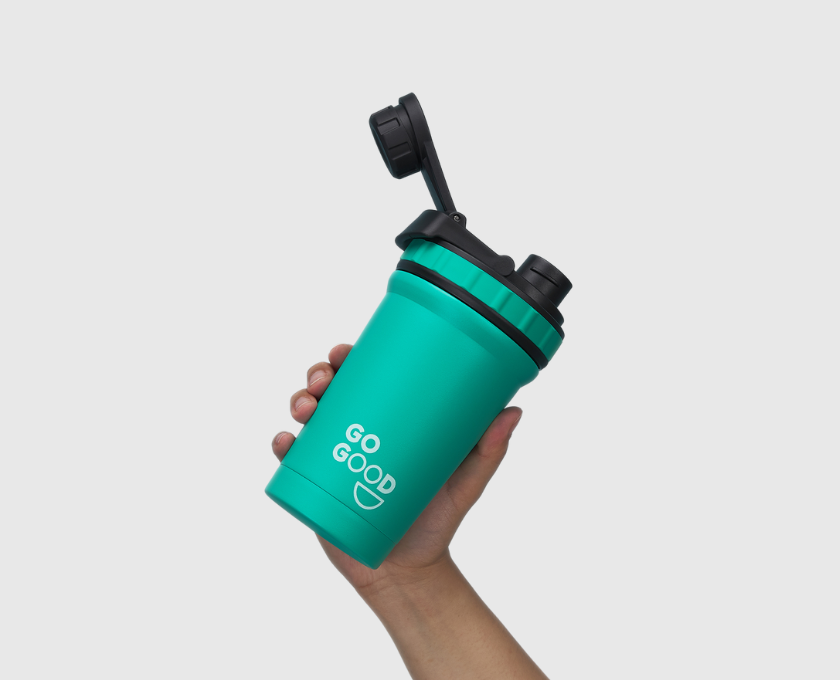
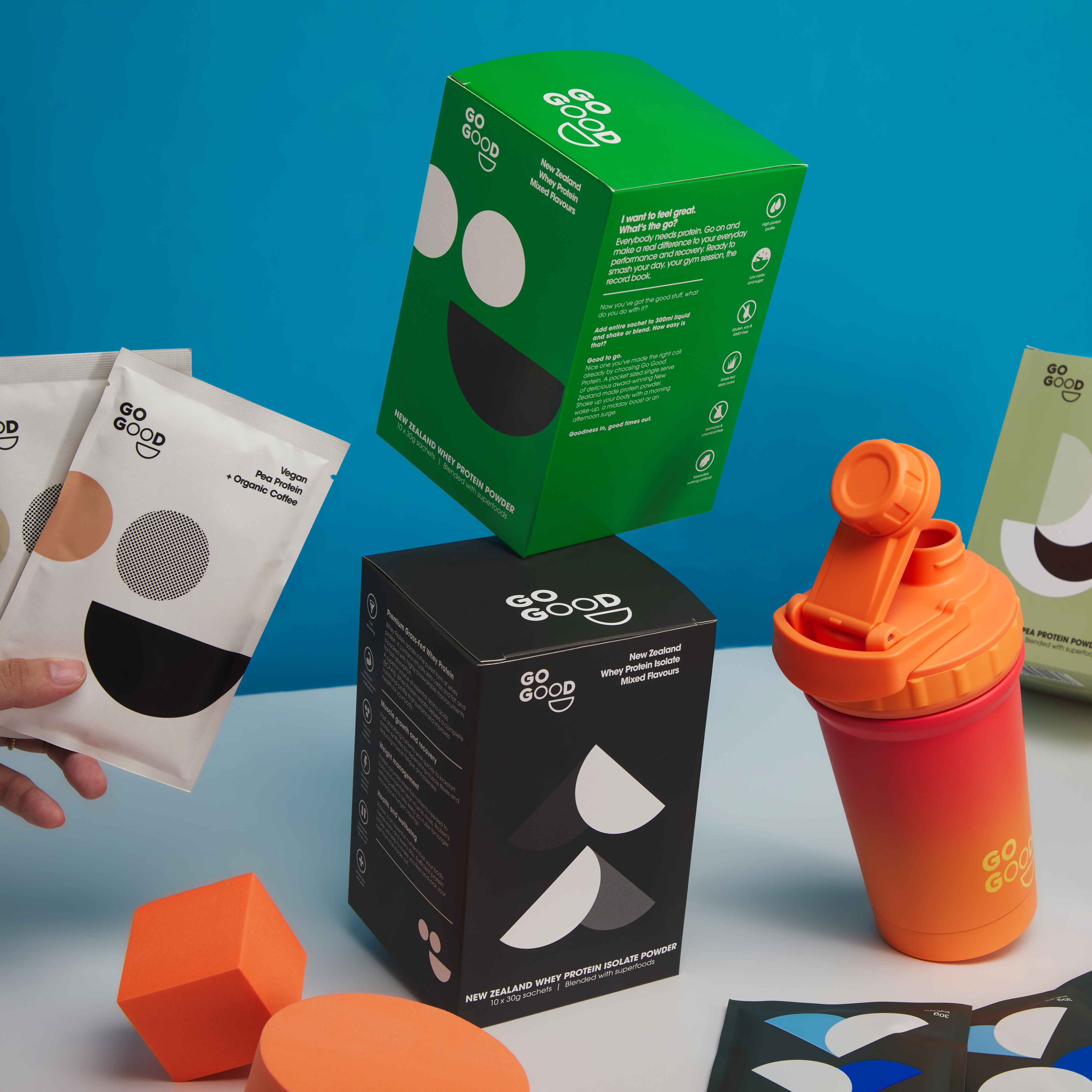
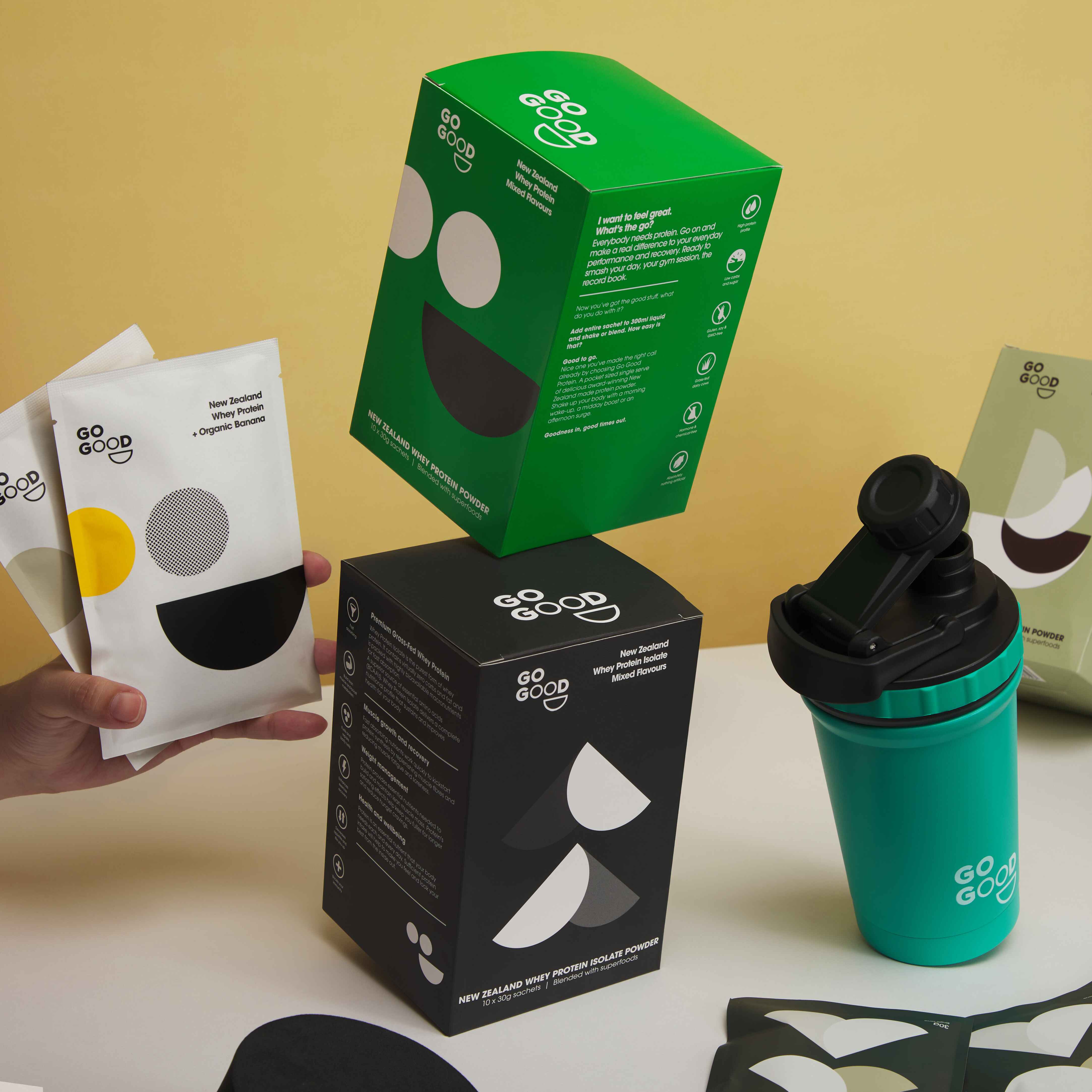


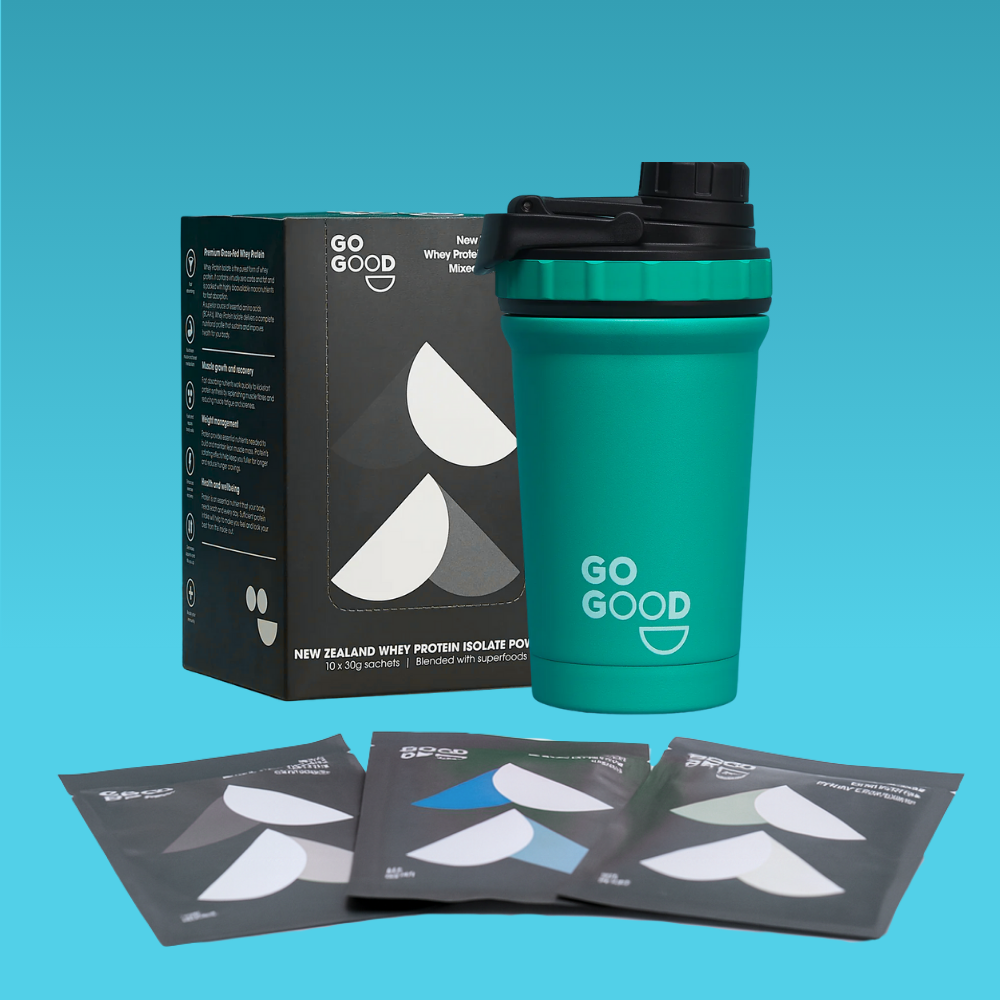
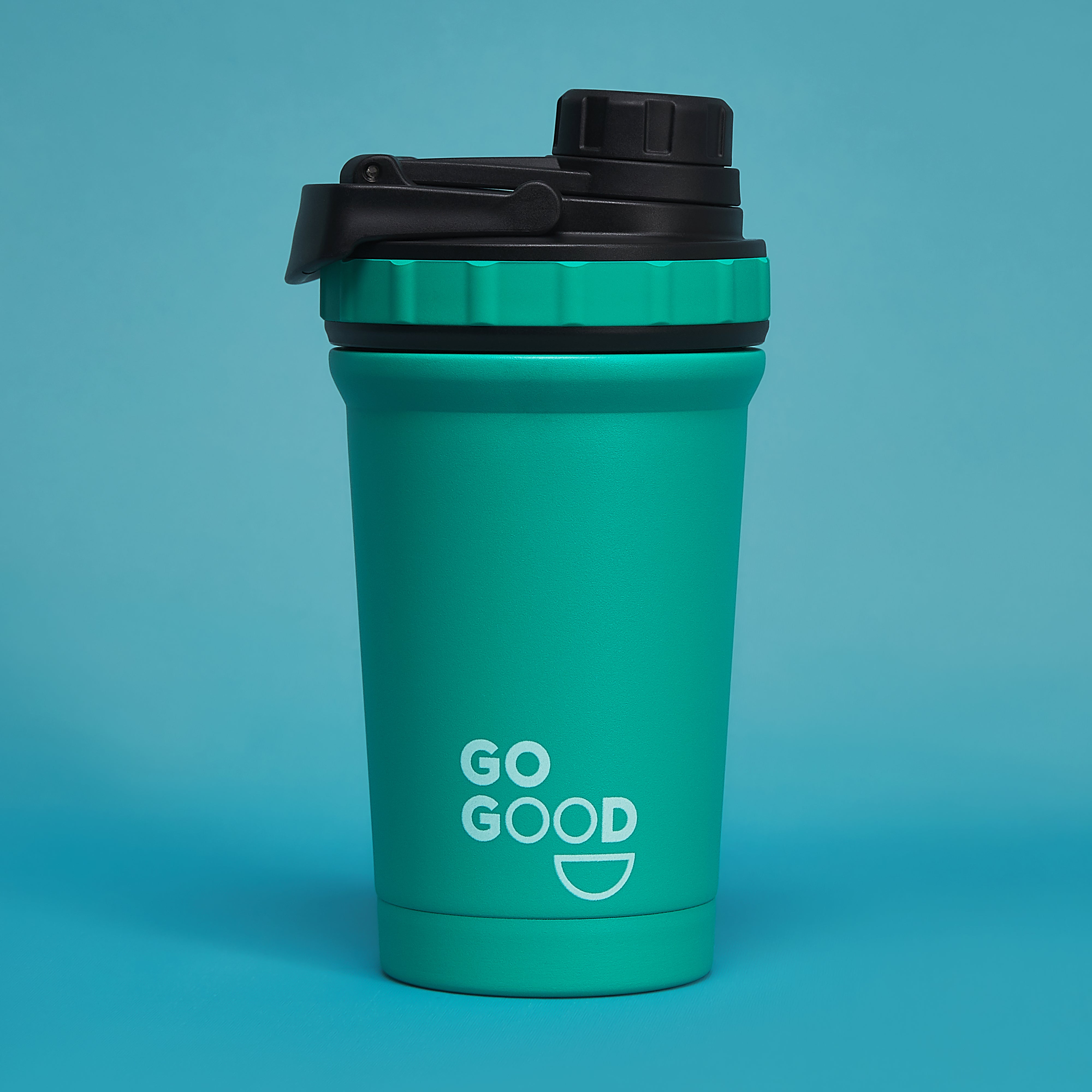
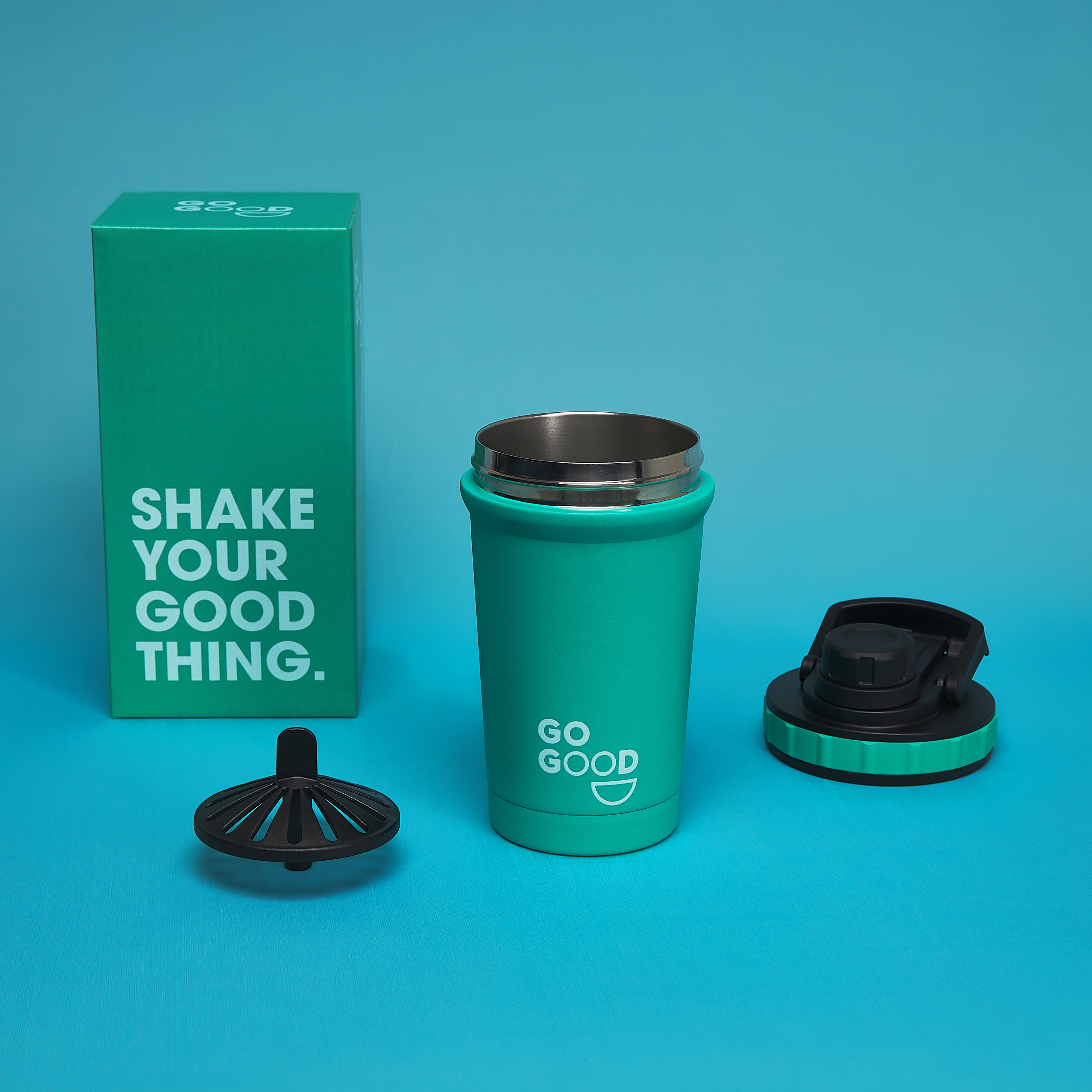


 Increase energy levels
Increase energy levels




